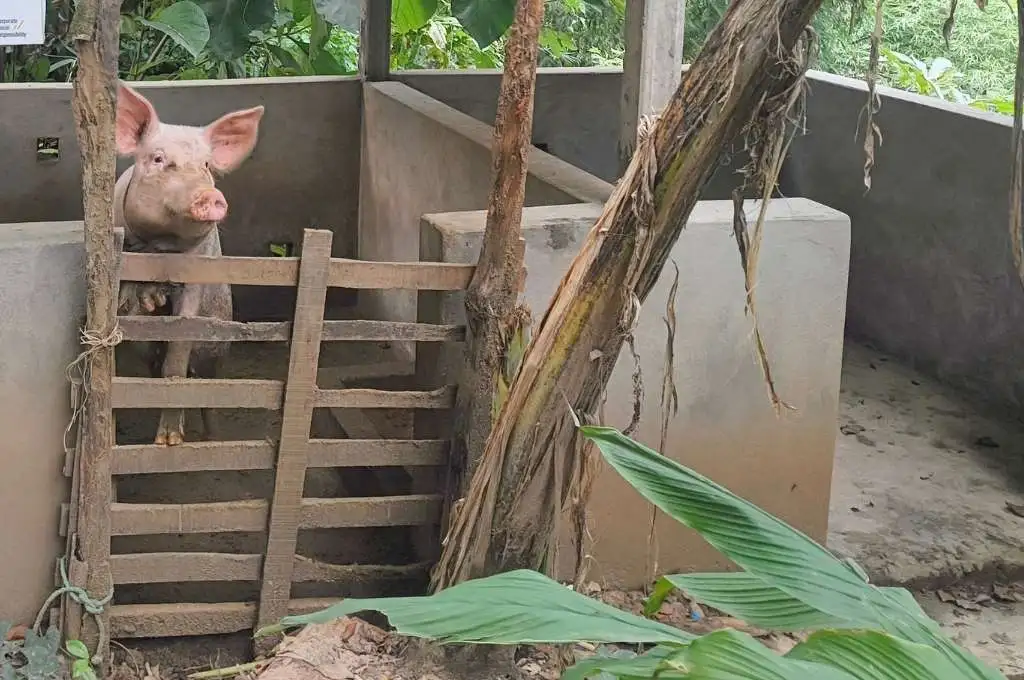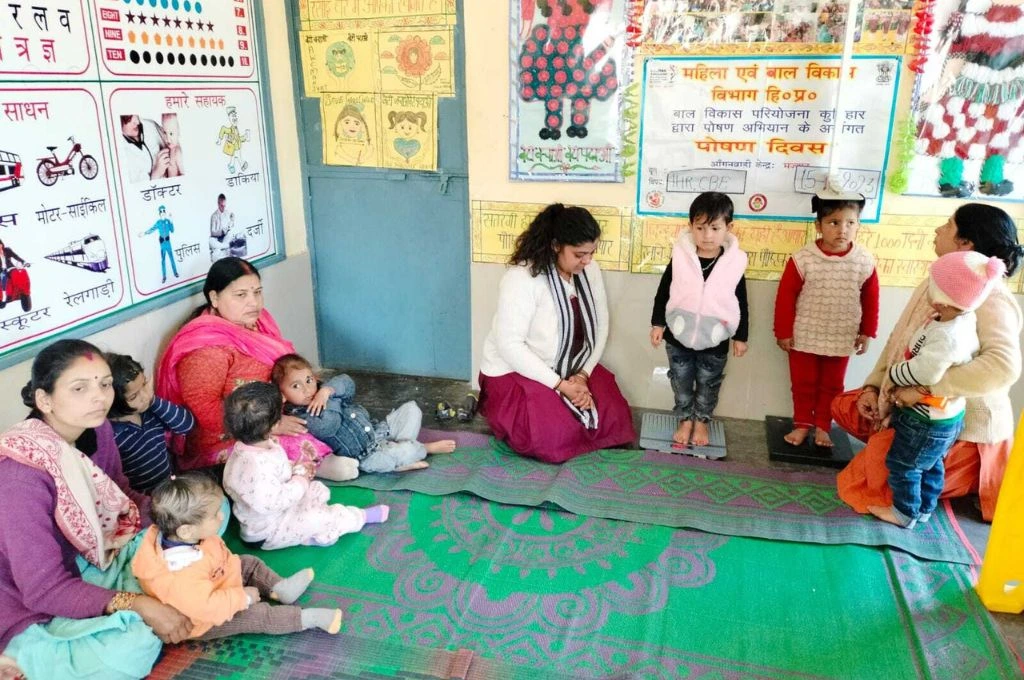READ THIS ARTICLE IN
A community library isn’t enough
In 2015, as part of a nonprofit that works with young people, I went to Mawiong village in Meghalaya’s Ribhoi district. Students dropping out of school was a big issue in the area, and the communities were trying hard to tackle it.
The village headman’s daughter was giving tuitions to the students to support their education. She said that a library could help solve the problem because students could gather there and study. The library was built, but it did not help in reducing the student dropout numbers. The girls of the village were pursuing their education, but the boys were leaving school after class 8. Many of them were instead opting for daily wage labour at a quarry nearby. How could people who weren’t interested in studying be brought to a library?
The solution soon presented itself. People in the village loved football. While the elders were ardent viewers of the game, even the young boys who went to school skipped classes only to play.
The boys were given better infrastructure and equipment to play football in the school; in return, they had to adhere to some rules. If they punctured footballs frequently, they wouldn’t be given a new ball to play with. They could no longer come to the school only to play; they had to attend the classes. The boys turned up because they wanted to play. Soon, the game was made gender-neutral so that boys and girls had to play together. Initially, the boys resisted but when they saw that the girls were playing in a more professional manner, and even participated in inter-village tournaments, they gave in.
As school attendance improved, so did participation in studies at the library. The library didn’t bring students to school, but the school brought students to the library.
Sonal Roshan is a coordinator at Youth Involve and state manager at Axom State Collective.
—
Know more: Learn how a game of ultimate frisbee is bringing two tribes together in Assam.
Do more: Connect with the author at rsonal.way@gmail.com to learn more about him and support his work.



